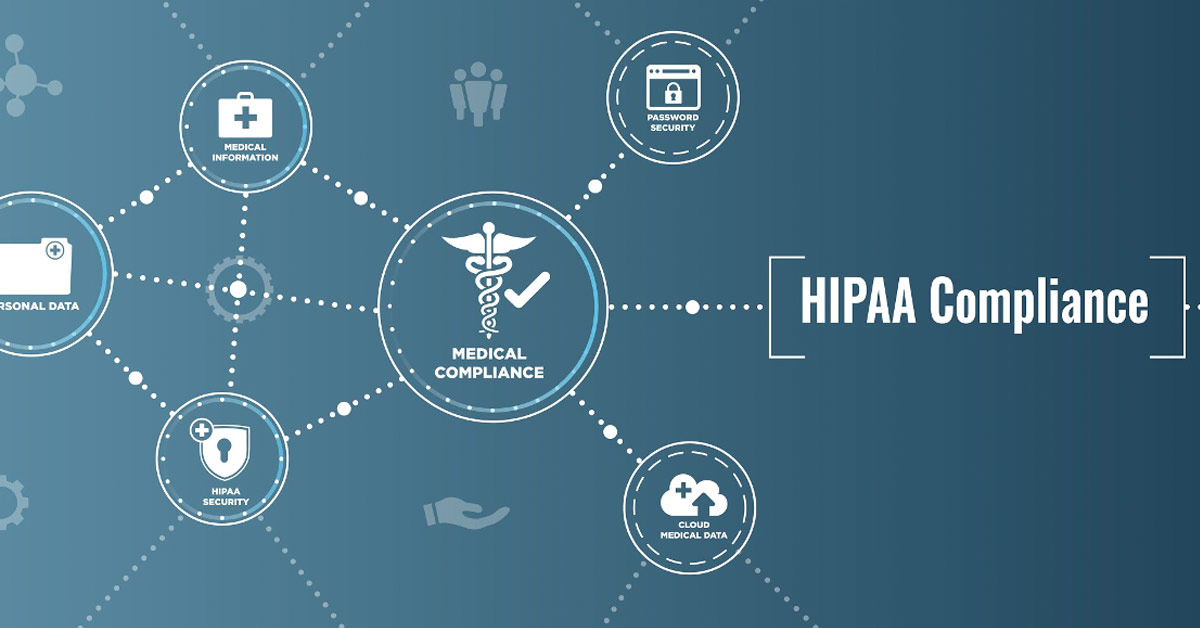Medical professionals must be informed of HIPAA compliance requirements. These laws were put into place to safeguard patient health information. So, every medical personnel must be aware with them and fully comprehend them. In the ever-changing world of information it can be difficult to maintain HIPAA compliance. There are a variety of resources to ensure that your practice is compliant and safe. Your knowledge will help you ensure the security of confidential information. These regulations are necessary to safeguard sensitive information from possible security breaches and the loss in trust of patients in your practice. Taking the necessary steps towards adopting the correct HIPAA security measures shows you value the privacy of your patients seriously, and is an essential element of establishing a successful medical practice.

HIPAA compliance is vital for all who work with patient information that is sensitive. HIPAA regulations mandate that all businesses that deal with Protected Health Information, (PHI) must be aware of and adhere to the guidelines. If they do not, it could be a cause for hefty fines or even jeopardizing the confidentiality of patient information. If a breach should be discovered, it’s crucial to be aware of the appropriate steps to take to react efficiently. It is vital to remain up to date with the increasing number of data breaches and cyber attacks. Healthcare organizations can avoid penalty and costs when they have a solid understanding of HIPAA compliance.
HIPAA compliance can provide employees with peace of mind guaranteeing that sensitive medical information is handled in accordance with the highest standards of privacy for patients. By having a complete HIPAA compliance plan employers can be sure that all data security measures are taken to protect employees’ personal and medical records, giving them the assurance that their sensitive data aren’t exposed in a way that is unneeded and inappropriately. This creates trust between the employee and employer, giving them the impression that they are taking responsibility for protecting the privacy of each other as well as their shared interests. Ultimately, adhering to HIPAA guidelines allows businesses to create secure and safe workplaces in which employees can feel confident about the privacy of their medical records from the prying eyes of unauthorized users.
HIPAA compliance is an important element of healthcare systems. It is essential to be aware of the appropriate time to declare the occurrence of a HIPAA breach. It is crucial to know the legal requirements. Healthcare providers have to safeguard confidentiality and privacy of patient information. Any person or organization that is able to access PHI is responsible to promptly notify any possible breach of the patient’s information. Criminal and civil penalties could be applied for negligence in the reporting of a violation. Patients who are affected can complain with the Department of Health and Human Services Office for Civil Rights, if they believe their rights or those they have had their PHI violated. Affirming employees in a timely manner about HIPAA compliance and offering in-depth education on HIPAA policies should reduce incidents of noncompliance . Also, it is important that authorities are informed upon finding a violation.
HIPAA regulations are beneficial for employees in numerous ways. It does not just ensure their personal information, but it also gives them peace of mind that their employer is taking necessary precautions to ensure their safety. HIPAA compliance gives clarity to communication between employees, employers, and their healthcare providers. Employees can feel confident that they are communicating with the right people in a secure setting. Employers and employees can have more trust and satisfaction, which results in increased retention rates as well as better job satisfaction. Adhering to HIPAA standards ensures employees that the company will take care of its employees both professionally and personally. This goes a long way towards making a productive, collaborative workplace.
For more information, click hipaa compliance regulations